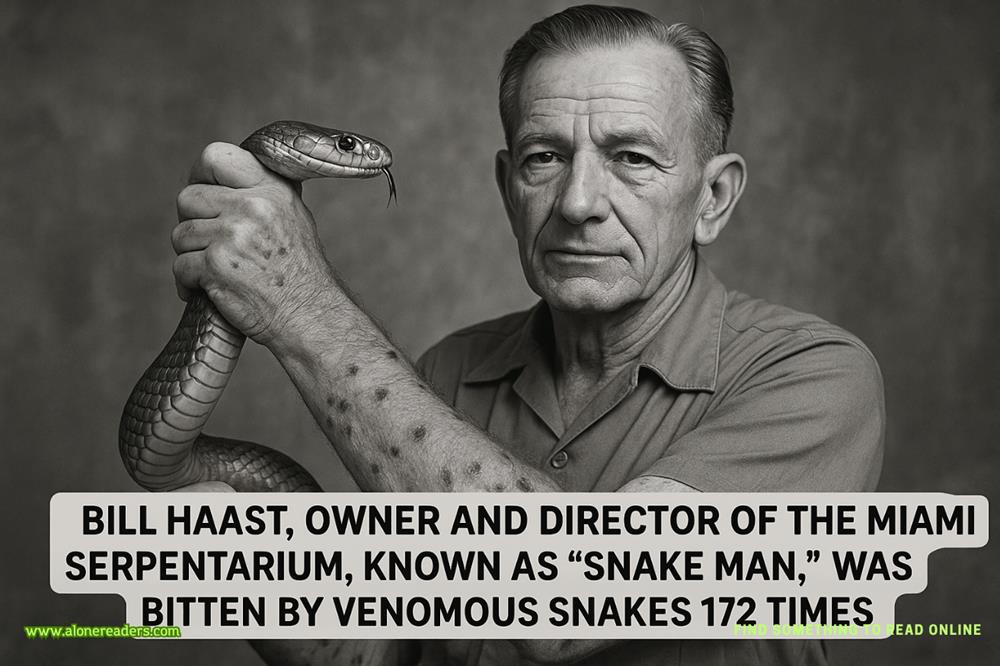Page 39 of Confounding Oaths
“A bold strategy,” I added, “and highly recommended.”
—“but that would be extraordinarily likely to result in your deaths.”
“Spoil-sport.”
“A better approach”—the Ambassador persisted in ignoring me; if anything his millennia amongst our kind had only permitted him to hone his vexatious spirit—“would be to lure her out and ensnare her, which will prove difficult.”
Always the kind to see the potential in the most restrictive of situations, Miss Bickle went at once to: “But not impossible?”
“Find her in the mortal world, however you may, and bind her at the neck and wrists with a yellow cord. This will trap her in material form, which will cause her to diminish swiftly.” Wouldthat it were swifter, reader. I have found myself diminishing by inches. “Old compacts decree that she must exchange a single service for her freedom. Reversing what she did to your sister would be well within her capabilities.”
Cynical to a fault, Mr. Caesar asked: “And would she be able to seek retribution afterwards?”
I do hate it when they ask the sensible questions.
“It’s considered a little gauche,” the Ambassador replied. “And the Lady’s power is mostly in wishing.”
Mr. Caesar’s eyebrow had been raised for most of this exchange and was getting few opportunities to lower itself. “Mostly?”
“Well, she could also hit you with a rock or something.”
Captain James gave the Ambassador a long, hard stare.
“She might also have the capacity to inspire inanimate objects to motion,” he admitted. “Which she could, for example, use to hit you with a rock.”
“I don’t likemight,” said Mr. Caesar. “Does she or doesn’t she?”
The captain gave the slightest shake of his head. “It’s fine. Might means does. Always. Have to plan for the worst.”
“So we plan for a situation where my own cravat might choke me to death?”
“Better thannotplanning for a situation where your own cravat might choke you to death,” pointed out Miss Bickle.
“Also”—Captain James was smiling now, almost slyly. For all I despise heroic mortals, those with capacity for slyness do intrigue me—“the plan for that would be don’t wear a cravat.”
As Mr. Caesar’s hand had gone instinctively to his jaw when the captain had been describing the effects of pistol shot, so now it went to his throat.
“Truly,” the captain continued, “war is hell.”
Being the person present least distracted by Mr. Caesar’scravat-related misgivings, Miss Bickle—continuing the group’s run of asking the awkward questions—asked another awkward question. “But how do we find her?”
“I suspect,” the Ambassador replied, “that she will find you.”
“Please don’t tell them how to see us when we don’t wish to be seen,” I reminded him. “That would make my job extremely difficult.”
The Ambassador hefted the hamper into his arms. “All in all, I think you’ve had more than”—he counted swiftly—“three blocks of cheese, a decanter of brandy, and some teacakes’ worth of information from me.”
“They are exceedingly good teacakes,” Miss Bickle tried, always one to take an unnecessary risk, which, reader, I strongly urge you to do also.
“And it is exceedingly good information.”
Without waiting for reply, the Ambassador stepped behind the tree and vanished. Miss Bickle naturally followed him but found herself looping around the trunk and back to her companions.
“I should have told him the hamper was an offering also,” she said to nobody in particular. “He may have answered more questions.” Our kind are not quite so basely transactional, but I will always commend Miss Bickle for thinking in the right direction.
Having achieved their goal, at least the largest fraction of their goal that they could muster, Mr. Caesar, his friend since childhood, and the military gentleman he’d fucked and taken to the opera in that order gathered up their belongings and made their way out of the park.
On the way their talk turned to short-term tactics and long-term strategies.















